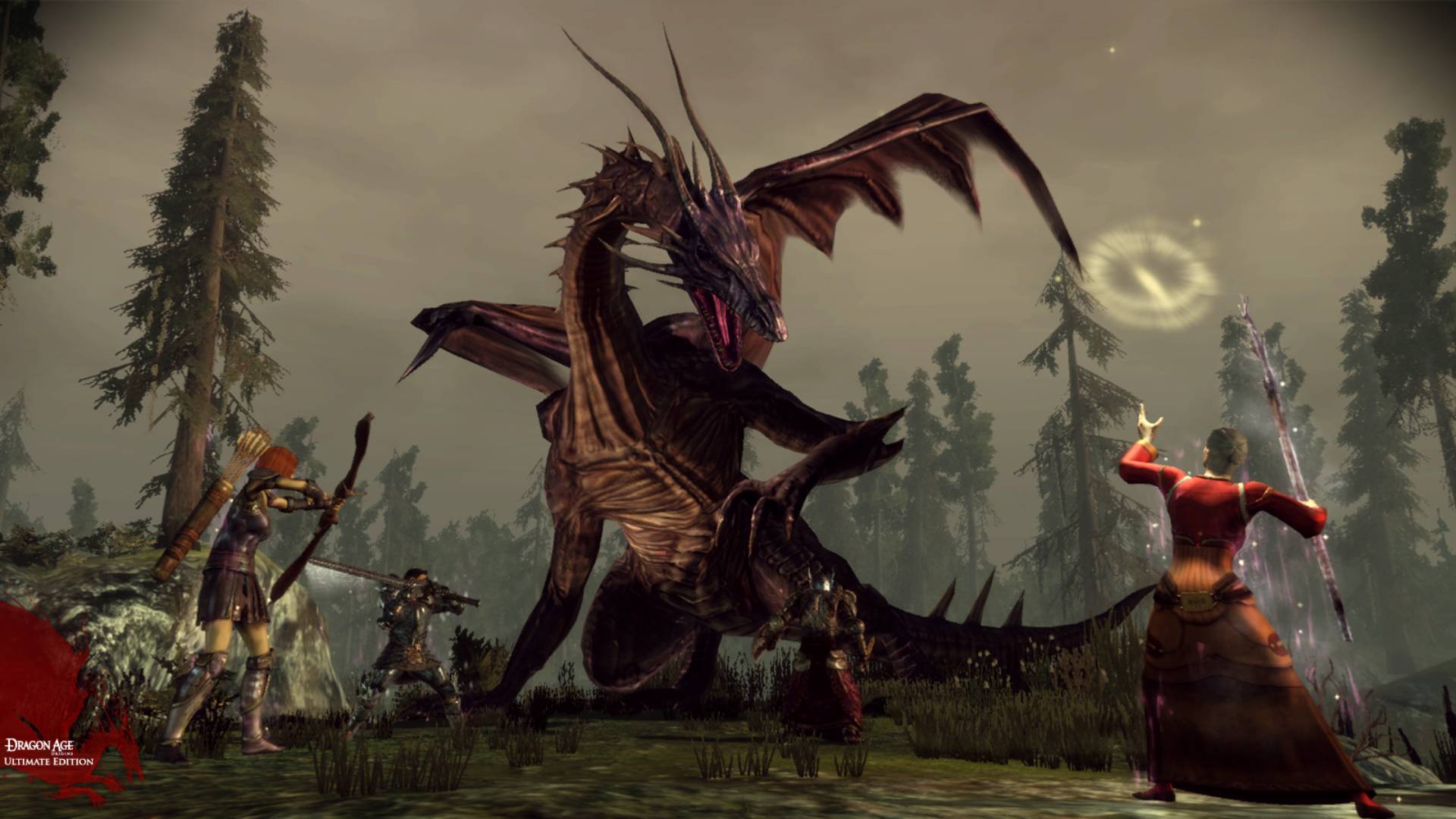BioWare dev says "maybe 20 people" left at the studio have used an old Dragon Age engine, so it's harder to remaster than Mass Effect: "Never say never, I guess"
A Dragon Age collection might be far away

Over the years, developer BioWare has revisited some of its legendary video games in the form of remastered collections. But you probably shouldn't count the first three Dragon Age games among them, at least not any time soon. Creative director John Epler says obscure engines make these RPGs too hard to come back to.
In a new interview with Rolling Stone, Epler explains that the first three Dragon Age games — released from 2009 to 2014 — were created with publisher EA's niche proprietary engines. In fact, the first two use the exceedingly rare Eclipse, which was constructed specifically for Dragon Age: Origins. After it was used again for Dragon Age 2 in 2011, Eclipse was lost to the ether.
"I think I'm one of about maybe 20 people left at BioWare who's actually used Eclipse," says Epler.
Dragon Age: Inquisition moved the fantasy series to the more all-purpose Frostbite Engine, which has been applied to many Battlefield titles and, more recently, the polished Dragon Age: The Veilguard.
But Frostbite doesn't even come close to having the ubiquitousness of Unreal Engine, which BioWare developers employed to make the first three Mass Effect games. Because of this, those three games were more conducive to the remastered collection they were ultimately stuffed into in 2021.
Creating a Dragon Age collection is "not going to be as easy as Mass Effect," Epler says, "but we do love the original games."
He continues: "Never say never, I guess that's what it comes down to."
Sign up to the GamesRadar+ Newsletter
Weekly digests, tales from the communities you love, and more
Be sure to check out our Dragon Age: The Veilguard review to find out if it's one of this year's best RPGs.

Ashley is a Senior Writer at GamesRadar+. She's been a staff writer at Kotaku and Inverse, too, and she's written freelance pieces about horror and women in games for sites like Rolling Stone, Vulture, IGN, and Polygon. When she's not covering gaming news, she's usually working on expanding her doll collection while watching Saw movies one through 11.


